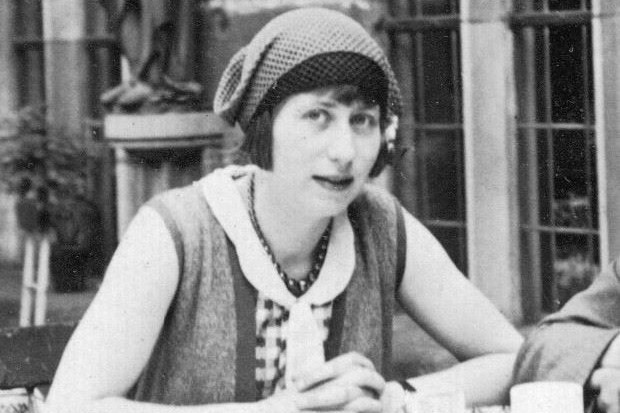So, let’s progress backwards and see what had brought me to studying medicine in the first place. I had always wanted to become a doctor, like my mother, preferably a psychiatrist too, which I thought was like her also, though there are considerable differences between the path of general psychiatry and the extreme specialism of psychoanalysis. First of all, of course, you have to study at medical school if you want to become a doctor of medicine (psychoanalysts can do this or not, as they wish).
In those days, the criteria for getting into medical school were laughable, compared with more recent times; I’d never make it now. Put simply, you had to fulfill the basic criteria for getting into a university and then persuade a particular medical school to take you on. For London University that was, if I remember rightly, something like half a dozen O-levels, including Maths and Latin, and two A-levels in any subjects; mine were French and English.
It was a brief window of opportunity in the 50s, closed not many years later. There had been a lot of public fuss at the time about the narrowness of doctors’ education, and encouragement for those in the arts to come in and this possibility was wonderful for people like me.
Acceptance by a medical school was equally laughable in those days – it rested on a simple interview with the Dean of any medical school to which you cared to apply and who would accept you on a whim. Or, in my case, traditional nepotism. My mother was a doctor and my father was a Governor of the Middlesex Hospital Medical School.
“You must wear a hat,” said my mother, not trusting nepotism unadorned.
We bought a small hat-shaped object in green felt with a bow. I remember it as resembling nothing so much as a dead bird. With matching gloves and this unfortunate budgerigar look-alike perched on the back of my head, I took the train to London.
The Dean of the Middlesex Hospital Medical School interviewed me in his office. He luckily left his own specialism or any other scientific subject entirely out of the discussion. Since this was all long before John Cleese and the deceased parrot sketch, we didn’t refer to the hat either.
In fact, we hardly talked about anything. He mumbled something like, “Why do you think you want to be a doctor?” and I mumbled something in return. He then shook my hand and congratulated me on being accepted, very relieved to not have to talk to me anymore. Like so many doctors he was socially shy; this was definitely a social rather than a medical occasion.
With my future secured, I could relax and look forward to a whole summer of amazing freedom. What fun things could I do? How could I make the most of it now that I had my place to study medicine for October?


I really enjoyed reading this – fascinating, Elinor! Thank you!
Thank you, I much appreciate the feedback x